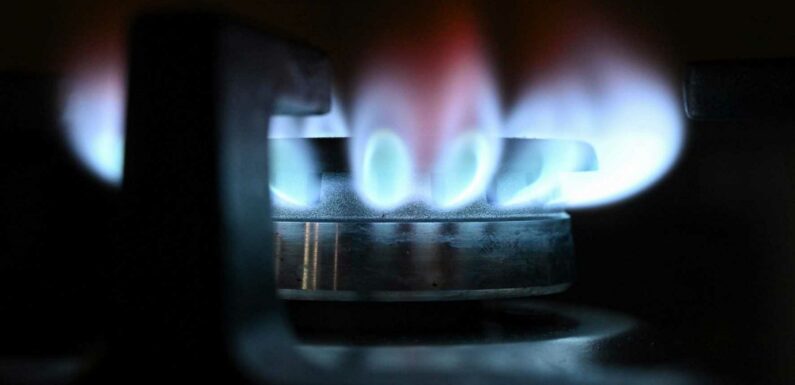
A MAJOR energy supplier is the latest to join a scheme which pays customers up to £100 to use less energy this winter.
But only 1% of customers at Britain's biggest energy supplier will be able to take part in the scheme.
British Gas has announced today that it will be joining the National Grid's "demand flexibility service"(DFS) through a trial called "Peak Save".
The trial is part of the national effort to make the electricity grid more stable this winter.
Customers will be paid an average of £4 per kilowatt hour (kWh) of energy they save compared to their normal usage during a two-hour time period.
Octopus Energy's own DFS scheme pays its customers the same amount per kWh saved.
READ MORE IN MONEY
More energy firms will go bust this winter, warns British Gas boss
Six heat loss hotspots in your home to find now to help stop soaring bills
And this works out at £3 more per kWh than what Ovo Energy is paying the 15,000 customers taking part in its own scheme.
But only 100,000 smart meter customers out of the supplier's 10million customer base will be invited to take part in the trial scheme.
Those that are lucky enough to sign up for the scheme will get a text telling them if they use less electricity between certain hours.
The exact amount you get paid will depend on how much you reduce your consumption in the specified hours.
Most read in Money
Cadbury's is bringing back a favourite treat to shops in time for Christmas
Lidl shoppers are rushing to buy 'bargain' Christmas decoration
HSBC to close 114 bank branches – is your local on the list?
Quality Street fans anger after big change – and they're saying the same thing
British Gas has said that it will pay customers £4 per kWh saved so if you use 2 kWh less than you normally would you could get up to £8 back.
To conserve energy during the specified time-period households will be advised not to use any energy-intensive appliances.
For example, if a household normally uses a dishwasher or washing machine but waits until after the "Peak Save" event they would meet their target.
Payments will be made as a bill credit within seven working days based on the kWh reductions of participating households.
If households cut their usage by just 1 kWh during 25 "Peak Save" time periods then they could get £100 back.
But if you cut your usage by more than 1 kWh you could get more than £100 back.
Chris O ‘Shea, chief executive of Centrica, the parent company of British Gas said, "The electricity grid is facing increased pressure and smart technology plays a key role in managing peak demand – reducing consumption has the added benefit of helping consumers save on their energy bills.
"We are exploring how to make this scheme work best for our customers so that it fits in with their habits around the home.
"This approach to help manage residential electricity demand is likely to become a major feature of the market in years to come. We’ll be taking learnings from this stage with the aim of using our scale to roll out to our wider customer base."
British Gas isn't the only supplier to take part in the scheme.
Others taking part include EDF, EON, Octopus, Shell Energy and Utilita.
We've listed all the energy suppliers taking part and details of their schemes.
What is the demand flexibility service?
National Grid has warned that Brits face three-hour blackouts this winter.
To help prevent blackouts National Grid has established the demand flexibility scheme which pays people to use less energy during peak times.
The scheme is run by energy suppliers who will be notified by the National Grid when the service can go live if the UK's energy supply falls low.
The scheme has been tested twice since it launched a month ago and energy suppliers offering trials are free to continue these tests in the meantime.
National Grid will also ensure that the scheme runs for 12 sessions to ensure people are rewarded just for taking part, even if there are no blackouts this winter.
To get the money, customers will be expected to shift their use of power away from times of high demand to help prevent blackouts.
That could mean putting on the dishwasher or washing machine overnight or charging an electric vehicle at off-peak times.
The system which pays households to cut their usage at peak times has been tested twice since it was launched a month ago.
Without the scheme, there could be cold days creating a demand that outstrips supply.
Read More on The Sun
Hollyoaks’ Jorgie Porter gives birth to first baby and reveals adorable name
People are only just realising how to clean your ears – the 2 dangerous mistakes
It would then mean certain areas of the UK, would be warned of planned blackouts.
According to the National Grid, in this scenario, there would be a potential need to interrupt the supply to some customers for limited periods.
Source: Read Full Article








